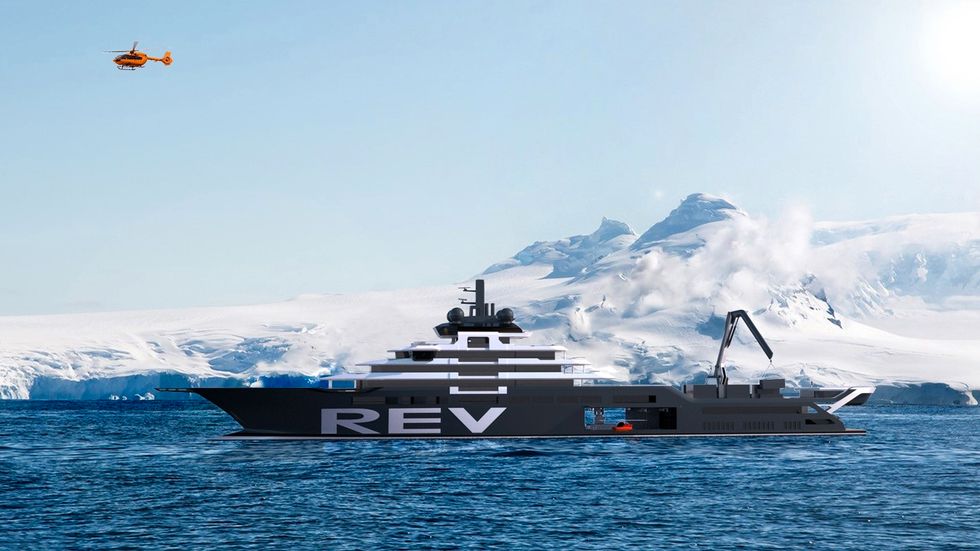
When climate conferences occur and parties sign on to legal agreements like the Paris Agreement some industries are excluded. Historically aviation and shipping have been left out from many climate change agreements which has resulted in both industries being behind the times, inefficient, and down right bad for the planet. Already, climate change is harming coastal nations and these coastal nations usually favour shipping. The impact of increasing water levels, storm surges, and more has led to those shipping-friendly nations to better regulate international shipping practices.
The result is a deal that shipping industry will finally address their greenhouse gas emissions by reducing their emissions by 50% by 2050 compared to 2008 levels.
Mr Paul added: “This is history in the making… if a country like the Marshall Islands, a country that is very vulnerable to climate change, and particularly depends on international shipping, can endorse this deal, there is no credible excuse for anybody else to hold back.”
…
The UK’s shipping minister, Nusrat Ghani, described the agreement as ” a watershed moment with the industry showing it is willing to play its part in protecting the planet”.
